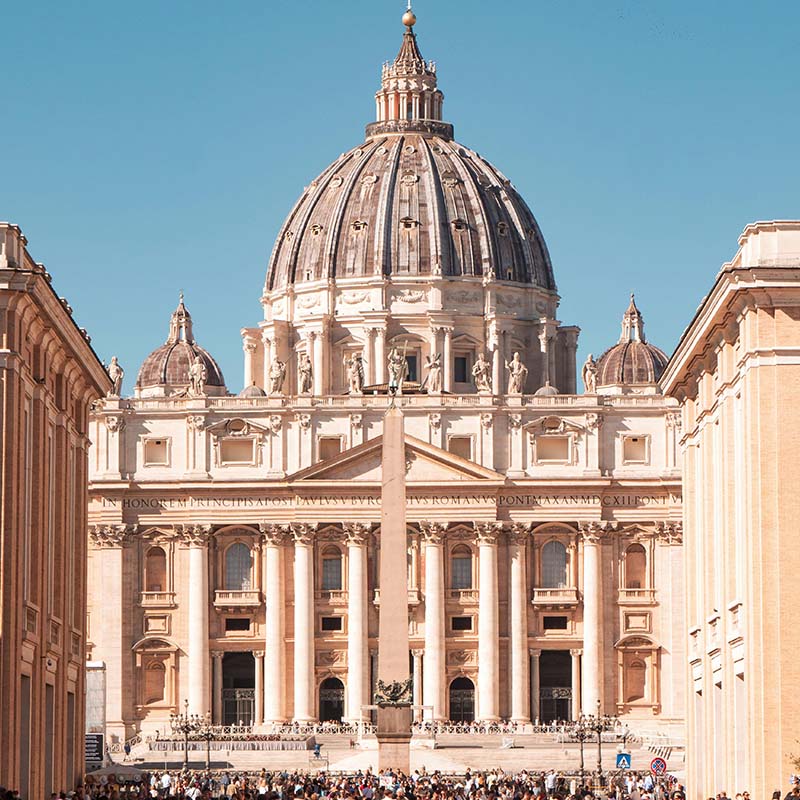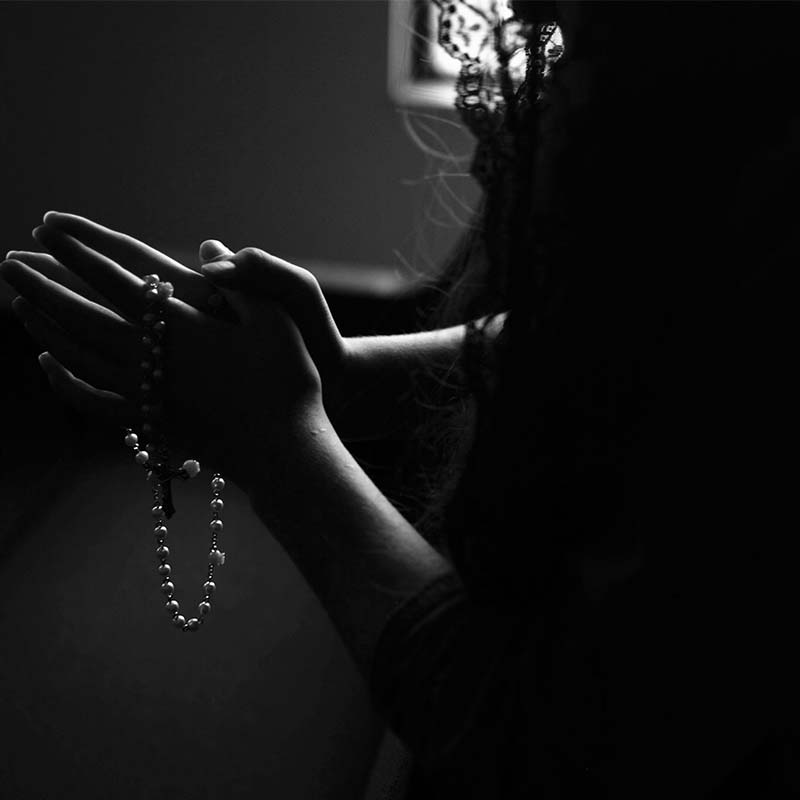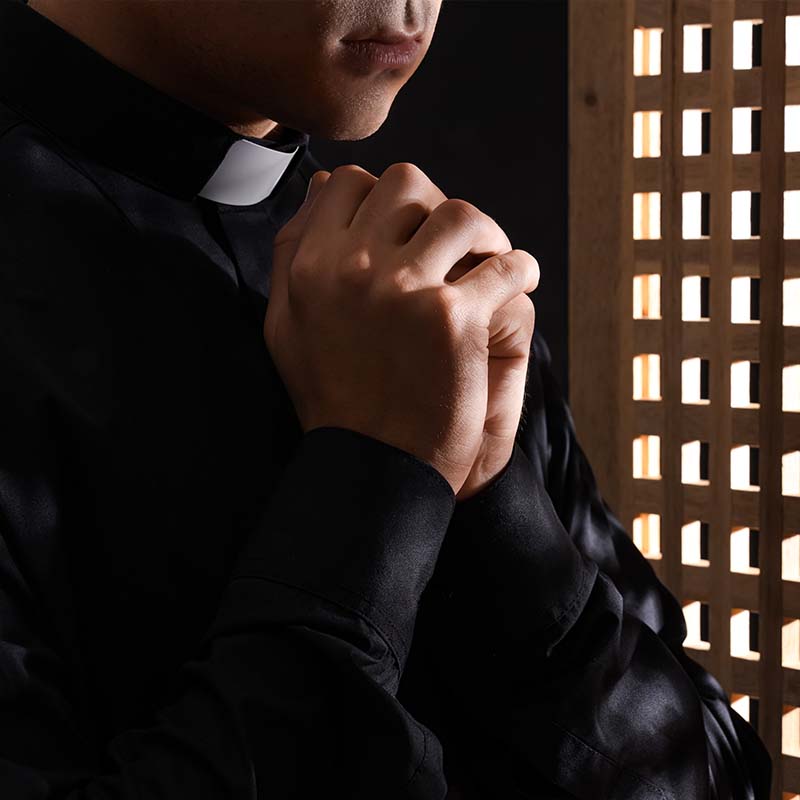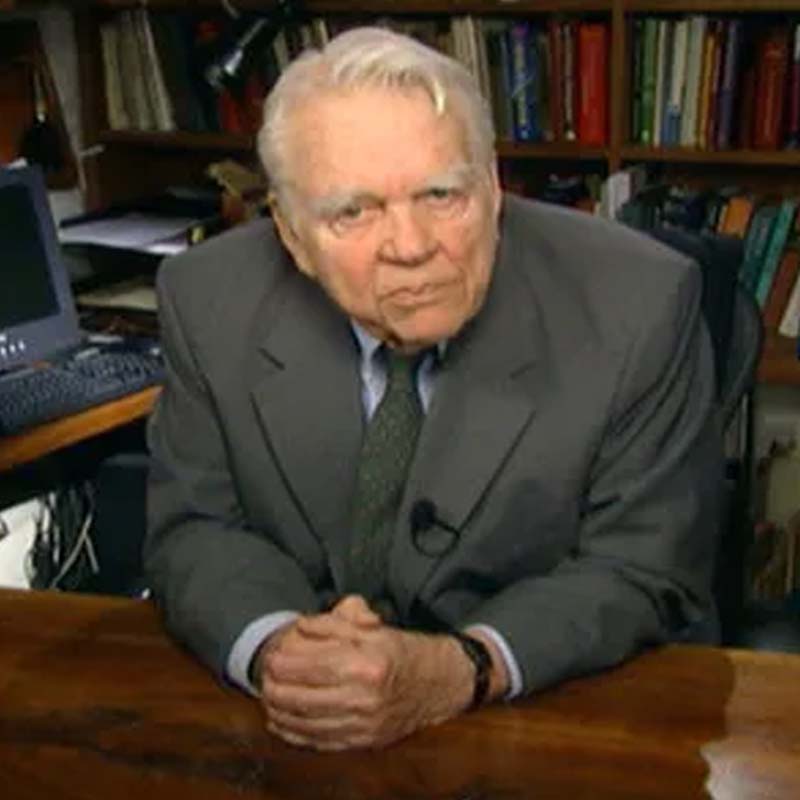
According to the Didache (the oldest patristic document, circa 80-90 AD), the earliest Christian Communities prayed The Lord’s Prayer three times a day, replacing the recitation of the Eighteen Benedictions practiced by the Jews of the time.
Writing at the dawn of the third century, Tertullian stated that the Lord’s Prayer “is truly the summary of the whole gospel.”
And Augustine, Bishop of Hippo from 396-430 AD, wrote: “Run through all the words of the holy prayers (in Scripture), and I do not think that you will find anything in them that is not contained and included in the Lord’s Prayer.”
In Luke’s account, it is one of the disciples that makes the request of Jesus to be taught how to pray. God bless that disciple!
Could we have any better teacher on prayer than the Lord Jesus himself?
Are you willing to join me in a closer look at these precious words that came from the lips of the Son of God?
As we begin, it’s worth noting that the Lord’s words in Aramaic were subsequently translated into Greek for the Gospels, from which we drew our English translations, not to mention the English versions that were derived from the Latin Vulgate. Additionally, many English translations now exist to frustrate the literalists among us who seek one definitive text.
To further the discomfort of literalists, Matthew and Luke offer two slightly different versions of the event. I’ve chosen to use the Gospel of Matthew, if for no other reason than Luke’s omission of the part about asking God’s will to be done. Let’s not read into that one. I’m sure he had his reasons. But I would have liked to have been a fly on the wall if he had been asked to explain it in the next life. Okay, let’s not get sidetracked on whether there are flies and walls in heaven.
I’ve placed two translations of Matt. 6: 9b-13 side by side for comparison: the New Revised Standard Version and the New American Bible.
Our Father in heaven Our Father in heaven
Hallowed be your name. Hallowed be your name.
Your kingdom come. Your kingdom come.
Your will be done Your will be done
on earth as it is in heaven. on earth as it is in heaven.
Give us this day our daily bread. Give us today our daily bread.
And forgive us our debts, And forgive us the wrong we have done,
as we also have forgiven our debtors. as we forgive those who wrong us.
And do not bring us to the time of trial, Subject us not to the trial,
But rescue us from the evil one. But deliver us from the evil one.
(NRSV) (NAB)
These six sentences capture what it means to be in right relationship with God, i.e., to be rightly ordered, creature to Creator. Bishop Robert Barron puts it this way: “Can you see how this prayer rightly orders us? We must put God’s holy name first; we must strive to do his will in all things and at all times; we must be strengthened by spiritual food or we will fall; we must be agents of forgiveness; we must be able to withstand the dark powers.”
The Catholic Catechism sees seven petitions within it. Three that focus on God: your name, your kingdom, your will; and four that focus on us: give us, forgive us, subject us not, and deliver/rescue us.
It also incorporates essential dimensions of prayer: the first sentence – praise and adoration; the next two – surrender; the fourth – petition; the fifth – repentance; and the final one – intercession.
Origen, Cyprian, Augustine, Francis of Assisi, Martin Luther and many others have reflected at length on the Lord’s Prayer with depth and insight over the centuries.
Yet Teresa of Avila with childlike simplicity cut to the heart of it when she asked, “My Lord, could you not have included all in one word by saying, ‘Father, give us whatever is good for us?’ After all, to one who understands everything perfectly, what need is there to say more?”
(to be continued)
















